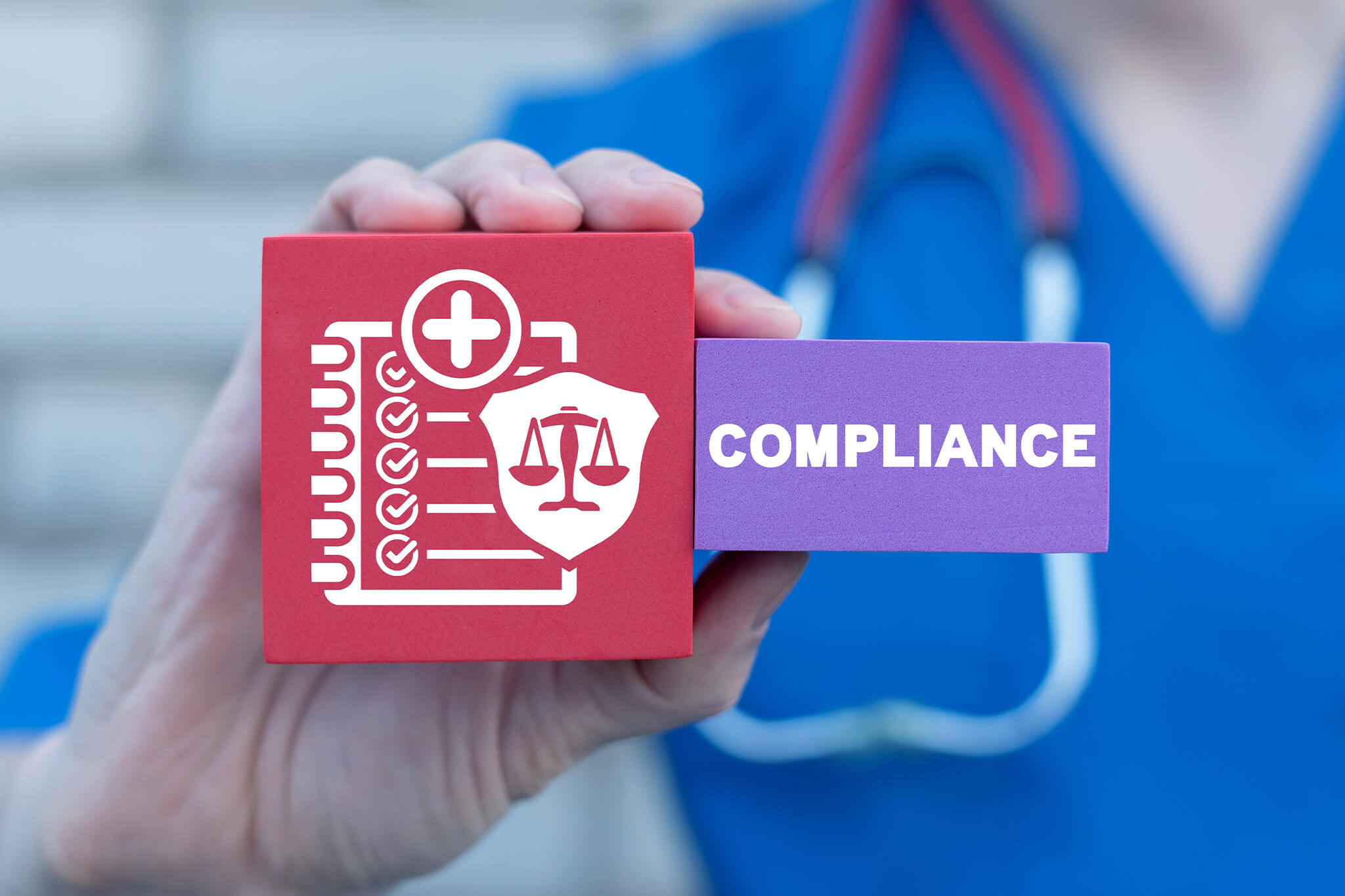
In the U.S. healthcare industry, the sales and distribution of medical devices require medical device dealers to adhere to strict regulations. Alignment with these compliance regulations is key for manufacturers to get their devices into the U.S. market.
Strict standards also help healthcare institutions ensure patient safety, maintain ethical standards and help medical device manufacturers avoid legal repercussions. Still, despite all of the benefits, compliance obstacles can be challenging for medical device manufacturers, distributors, and sales reps. Here are some key compliance considerations and best practices to ensure compliance in medical device sales and distribution.
The first step in the compliance process is to familiarize yourself with the relevant regulatory bodies and guidelines for your specific type(s) of medical devices. Depending on the region, this may include the U.S. Food and Drug Administration (FDA), HIPAA, the Medical Devices Directive (MDD), and more. Understanding the specific requirements and guidelines set forth by these regulatory bodies is essential for ensuring compliance throughout your entire medical sales and distribution process.
As a medical device manufacturer, it’s essential to know that medical devices are typically categorized into different risk classes in the U.S. based on their intended uses and potential risks to patients. So, medical device manufacturers need to determine the appropriate classification of their devices and obtain the necessary certifications. These may include getting the green light from the FDA in the U.S. Compliance with quality management systems, such as ISO 13485, is also often required.
Medical devices must be registered and listed with the appropriate regulatory authorities. Where applicable, they must follow the registration processes and provide all necessary documentation, including device specifications, labeling, and clinical data. Timely and accurate registration is crucial to avoid delays in U.S. market entry.
Some medical device manufacturers may be surprised to learn that regulatory compliance is not limited to pre-market requirements—it extends to post-market activities as well. Medical device companies must monitor their products’ safety and performance once they are on the market. Implementing robust post-market surveillance systems, including adverse event reporting, complaint handling, and product recalls, is essential for compliance and patient safety.
As you know, medical distributors play a crucial role in the supply chain of medical devices. So, designing an iron-clad distribution chain is essential for maintaining product integrity and traceability. GDP involves having proper storage, handling and transportation, and record-keeping systems in place. Maintaining a comprehensive quality management program can help distributors meet GDP requirements.
As a medical device manufacturer, it’s important to remember that complying with regulatory requirements is a shared responsibility among all medical device sales and distribution stakeholders. Therefore, ensuring you provide adequate education for employees is essential. This training may include information about regulatory obligations, quality standards, and ethical practices.
Navigating regulatory compliance can be a complex task. Collaborating with regulatory experts, consultants, or legal counsel can provide valuable guidance and support. Engaging with industry associations, attending conferences, and participating in workshops with networking opportunities that can provide insights into evolving regulations may also be important. Doing so will help you stay ahead of compliance requirements.
Prioritizing compliance ensures patient safety and fosters trust and credibility in the marketplace. Partnering with a U.S.-based company like IML helps ensure your medical device enters the American market.
At IML, we specialize in assisting medical device manufacturers and distributors with sales and distribution. Our team of experts is well-versed in navigating the complex U.S. healthcare landscape.
IML offers comprehensive services tailored to meet the specific needs of our manufacturing clients. With our deep understanding of U.S. the U.S. market and industry best practices, we can help streamline the distribution process, ensuring compliance without compromising efficiency.
By partnering with IML, medical device manufacturers can leverage our expertise to navigate the U.S. healthcare market with confidence, minimizing risks and maximizing success. Are you interested in expanding into the U.S.? Learn more about becoming an IML manufacturer partner on our website, or contact us today.